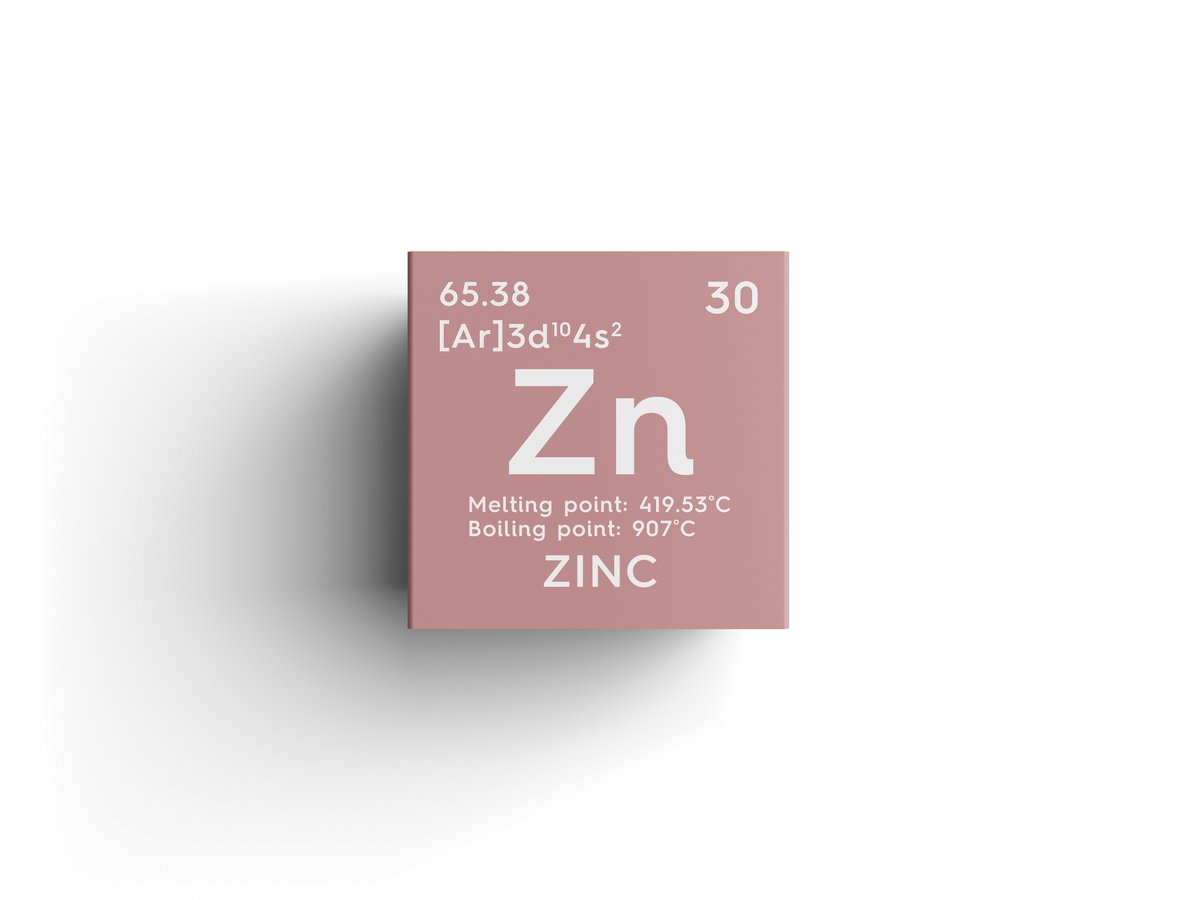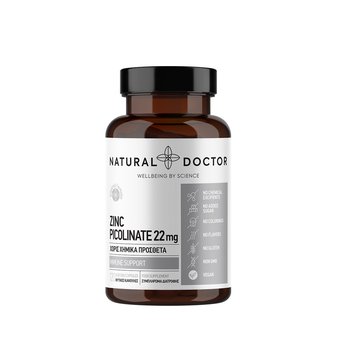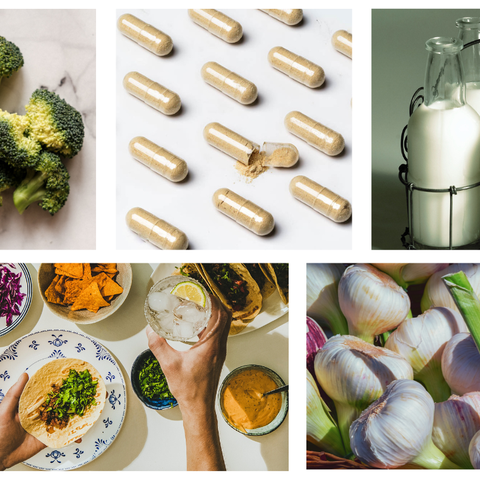Zinc, the second most abundant trace element in the body

Zinc, the second most abundant trace element in the body after iron, is involved in more than 300 enzymatic reactions and plays a crucial role in genetic expression, cell division, and development.
It is an essential mineral for the human body, which it cannot produce and needs to be obtained from food or nutritional supplements. Primary sources of zinc are red meat, poultry oysters, and, in smaller amounts, beans and nuts.
Oysters are the highest food source of zinc, with 74 mg per serving, almost five times the recommended daily allowance.
Are you zinc deficient?
The groups of people most often deficient in zinc are athletes, as with intense sports activity, they lose zinc through sweat. Another group is pregnant women due to the increased needs of fetuses and during breastfeeding.
Vegans, vegetarians, and older people have even increased zinc needs due to reduced intake. Adolescents are often deficient due to poor nutrition, but so are people with low immunity as they have increased demands for immune support.
Also, people with severe burns need zinc to restore the skin which is why it is often prescribed by beauty doctors when performing laser therapies.
Why is zinc so essential for health?
Zinc helps to:
- in the fight against acne
- reduce colds
- slowing down macular degeneration
- in strengthening the connective tissue of the skin
- to strengthen the immune system
- in children's development
- in the reproductive process
Adequate zinc levels support prostate health and the body's average production of testosterone. The prostate gland in men contains the highest amount of zinc of any soft tissue.
The skin has the third highest amount of zinc of any organ in the body. Zinc plays a vital role in wound healing due to its direct effect on immune support, collagen synthesis, and natural restorative action.
Zinc and immune support
The most critical role of zinc is in the functioning of the immune system. Taking a zinc supplement is often recommended when you have a sore throat because zinc helps regulate immune function, has an antioxidant effect, and helps maintain a balanced inflammatory response in the immune system.
A zinc deficiency can suppress the body's immune response, which reduces the ability to eliminate pathogens and the production of antibodies. The antioxidant properties of zinc reduce oxidative stress, a process that damages cells and tissues, particularly when a person has an infection.
A study of immune function in older adults found that even a marginal zinc deficiency in these individuals adversely affects immune function and that zinc supplementation promotes a healthy immune response.
Best form of zinc
When taking zinc supplements, there are several things to consider. An essential factor when supplementing with minerals is that the human body does not easily absorb them by nature, so the form you choose, is of particular importance.
The form of zinc we have selected for the nutritional supplement Zinc Picolinate is zinc picolinate. Zinc picolinate is produced by chelating zinc with picolinic acid. It is a more bioavailable form of zinc than others and can be absorbed more efficiently than zinc citrate or gluconate.



